
God’s mechanic: How Salesi Faupula found himself following a family tradition
Posted on 11 Feb 2026
Rev. Salesi Faupula is the Uniting Church’s moderator for the synod of Victoria and Tasmania. Born…
Posted on 30 Jul 2024
By Peta Titter

The founder of the Women’s Health Education Network (WHEN), Peta Titter, is on a mission to cut through the noise of social media “experts” and provide down-to-earth, evidence-based education on women’s health.
My career started early as an 18-year-old nurse who ventured from Australia to the UK and beyond, working in adult and paediatric intensive care.
Eventually, I became a flight retrieval nurse, handling critical care transfers worldwide. After years of intense work, however, I burned out and sought a new path.
I trained as a Pilates instructor while still nursing, bridging two worlds in a way that uniquely positioned me to see the gaps in women's health education.
Juggling the hospital and the Pilates studio, I found myself becoming a confidante to women who felt comfortable sharing issues they never mentioned to other instructors. They talked about incontinence, believing it to be normal. Shocked and convinced otherwise, I retrained as a continence nurse.
When I had my children at age 38 and 40, I personally experienced the dismal state of maternal healthcare. A pelvic floor injury left me incontinent, and a doctor’s dismissive comment about finding cheap pads ignited a fire in me.
I had him kicked out of my room and vowed to change the narrative for all women facing similar challenges. I returned to university, researched exercise guidelines for pregnancy, and discovered they prioritised the baby’s safety over the mother’s well-being. This imbalance was unacceptable; they are not mutually exclusive.
Driven by frustration and a desire to disrupt the status quo, WHEN was born.
We started with pregnancy and exercise, but as we delved deeper, we realised the interconnectedness of women's health issues across their lifespan.
Our research showed that what happens in our early years profoundly impacts how we age. This insight led us to expand our focus to tackle a wide range of issues, from pelvic floor health to menopause and beyond.
Women have been conditioned to accept the physical challenges they face throughout their lives as normal, from puberty to childbirth to aging.
Society often suggests that because these experiences are natural, women should simply accept them and be happy with their lot in life. Just as we treat heart attacks, which are also natural, we should address the physical challenges women face throughout their lives.
Our workshops have seen an overwhelming response, proving that women are hungry for real, relevant information at every stage of life, challenging the outdated notion that they should just “deal with it”.
WHEN exists to challenge the outdated, often misleading information women receive about their health. We cut through the noise of social media “experts” and provide evidence-based education in a down-to-earth, relatable manner.
Our mission is to be the trusted source of truth, helping women navigate their health with confidence.
The real connection we’ve fostered with women. They repeatedly tell us that our programs feel like chatting with a close friend. This feedback is gold to us because it means we’re succeeding in our mission to make health education approachable and honest. We’ve shattered taboos and opened crucial conversations, making women feel heard and validated.
We’re launching a podcast, The Seven Deadly Sins Inflicted on Postnatal Women, which dives into how societal norms impact new mothers. We're also starting a groundbreaking research project on the influence of apps and social media on new mothers.
Our upcoming miscarriage project aims to demystify the physical changes women undergo during this difficult time. We're also rolling out workshops on sexual health, menopause and perimenopause.
At WHEN, we’re here to fill the gaps, break the silence, and provide women with the comprehensive, no-nonsense information they deserve. We're not just changing the conversation; we’re transforming the landscape of women's health education.


Posted on 11 Feb 2026
Rev. Salesi Faupula is the Uniting Church’s moderator for the synod of Victoria and Tasmania. Born…
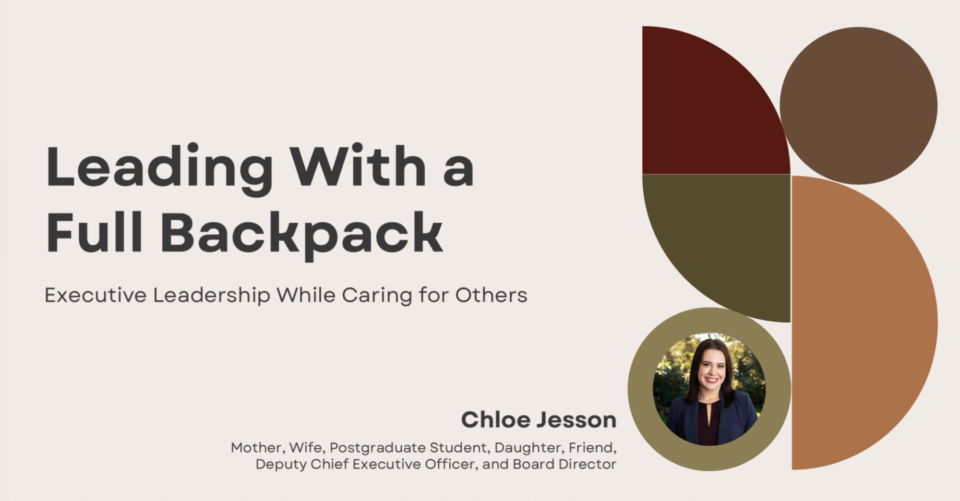
Posted on 04 Feb 2026
At the Third Sector leadership conference in Sydney last year, Queensland health executive Chloe…
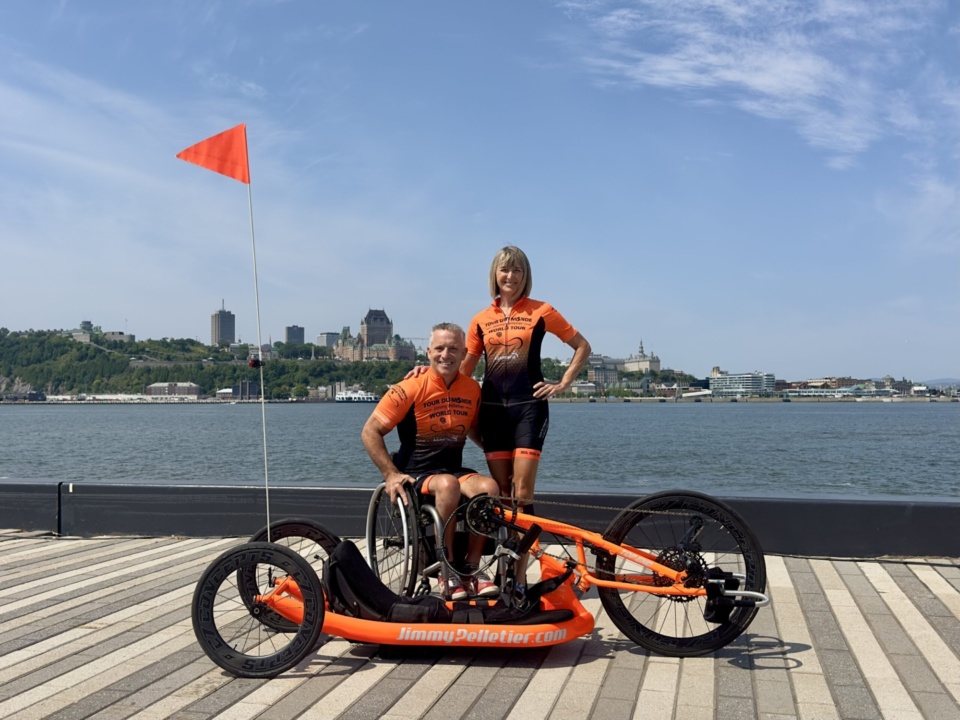
Posted on 28 Jan 2026
French-Canadian Jimmy Pelletier, who lives with paraplegia, is six and a half months into a…
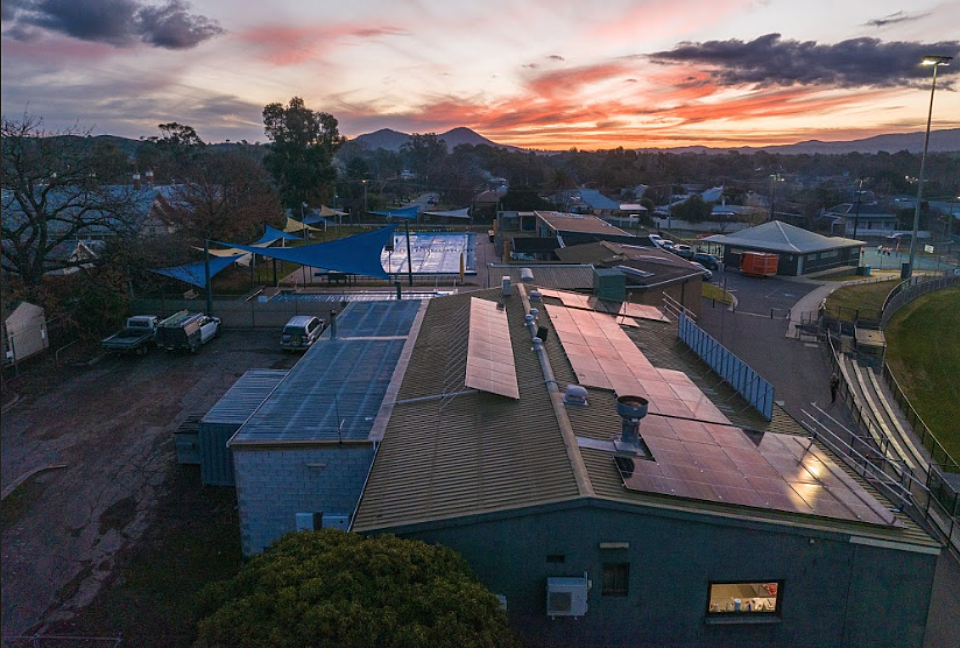
Posted on 16 Dec 2025
Lex Lynch spent more than two decades in the climate change and renewables field before last year…
Posted on 10 Dec 2025
A long-time advocate for rough sleepers in northern New South Wales has been named her state’s…
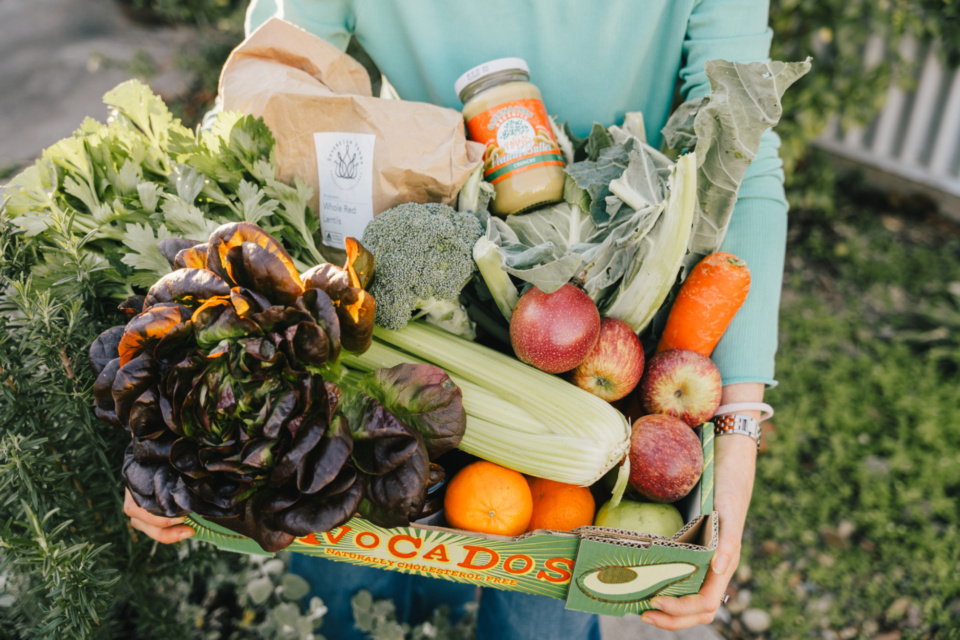
Posted on 03 Dec 2025
Emma-Kate Rose is the co-CEO of Food Connect Foundation, working with communities to support the…
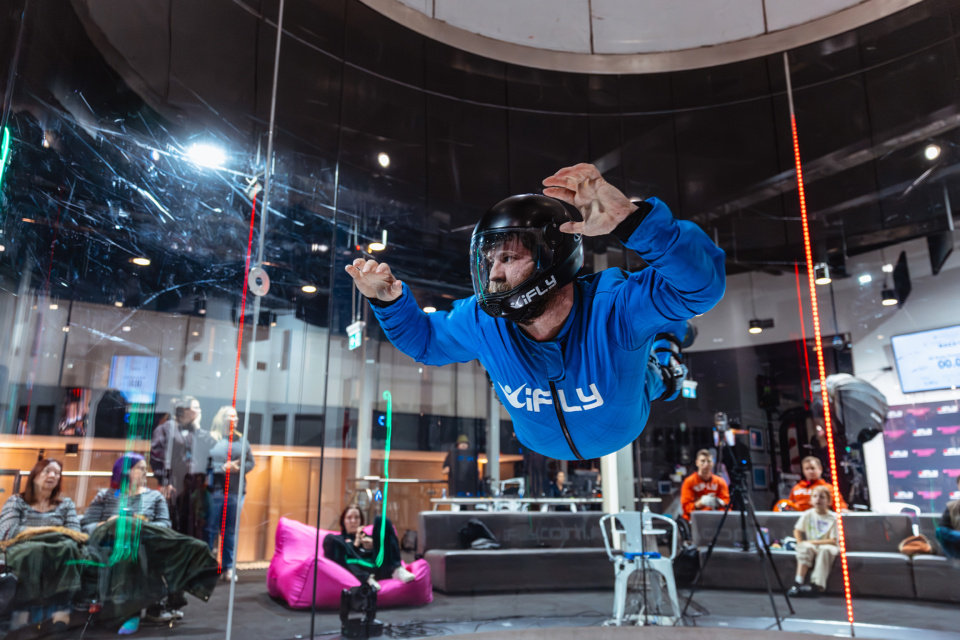
Posted on 26 Nov 2025
Next Wednesday, December 3, All Abilities ambassador Greg Pinson will be celebrating the…
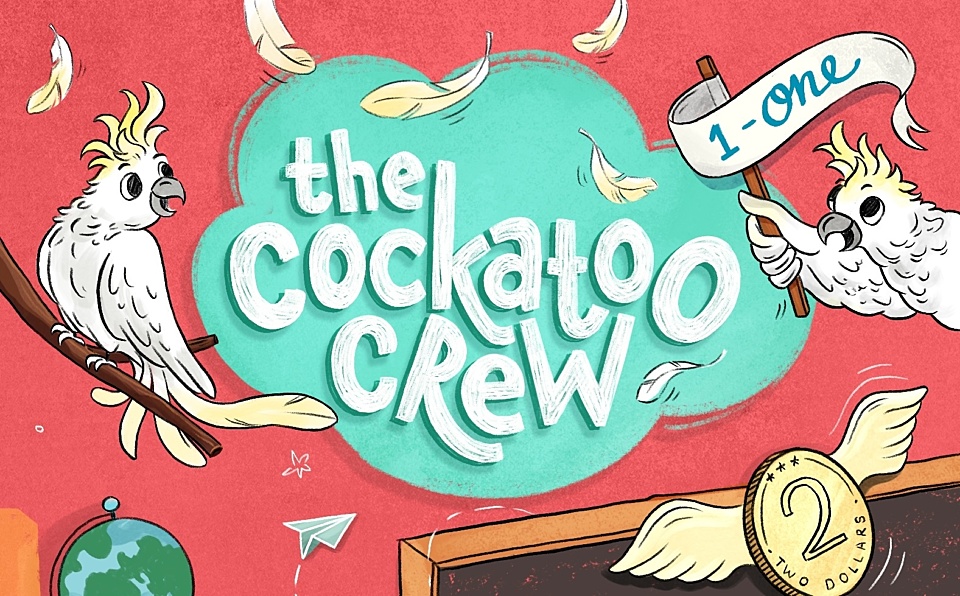
Posted on 19 Nov 2025
Lora Inak is the author of the Cockatoo Crew books, a new children’s fiction series (illustrated by…

Posted on 11 Nov 2025
Project Manta, a long-running scientific study that includes a citizen scientist component, is…
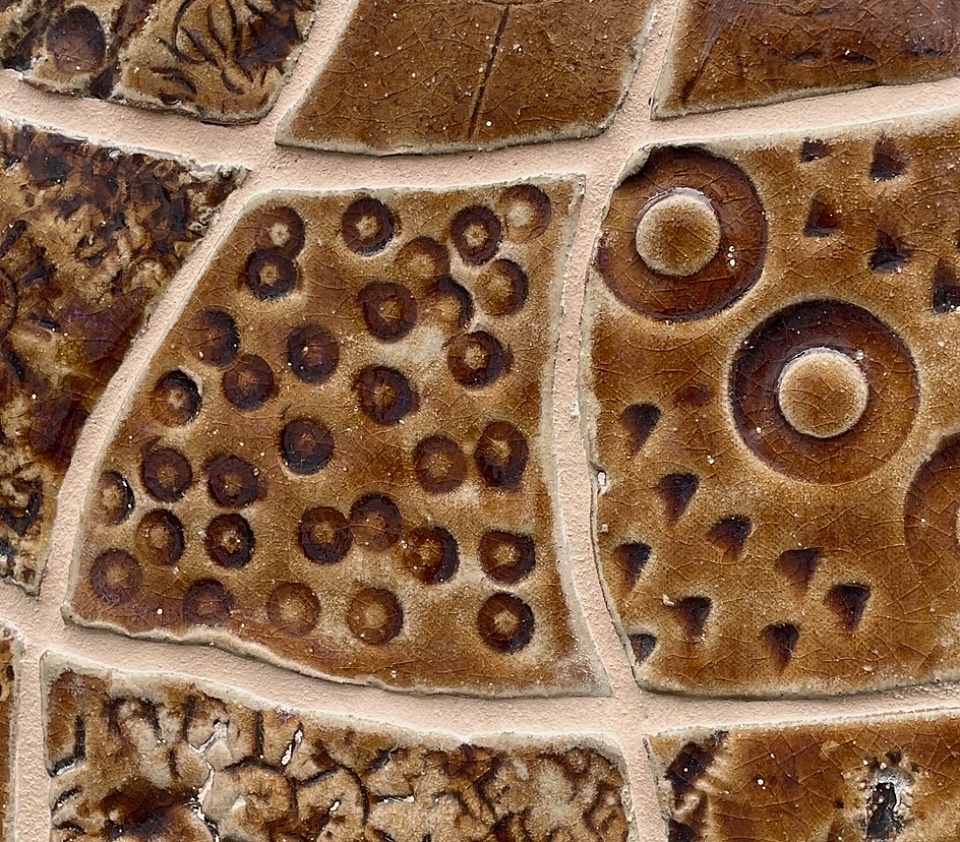
Posted on 04 Nov 2025
Diamando Koutsellis is the CEO of the not-for-profit Australian Ceramics Association, as well as a…
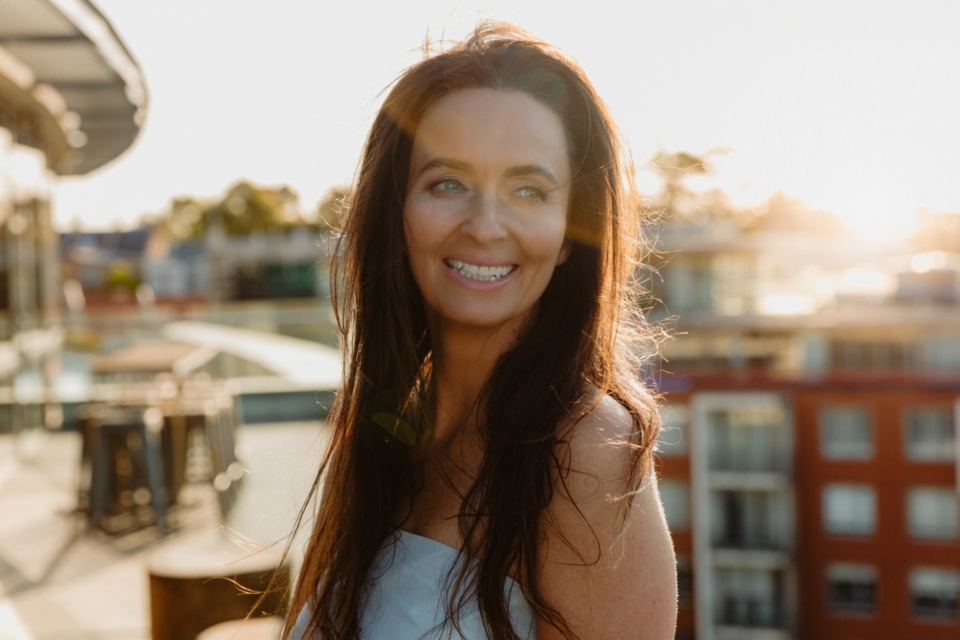
Posted on 28 Oct 2025
Mandy Richards is the founder and CEO of Global Sisters, a charity reinventing employment,…
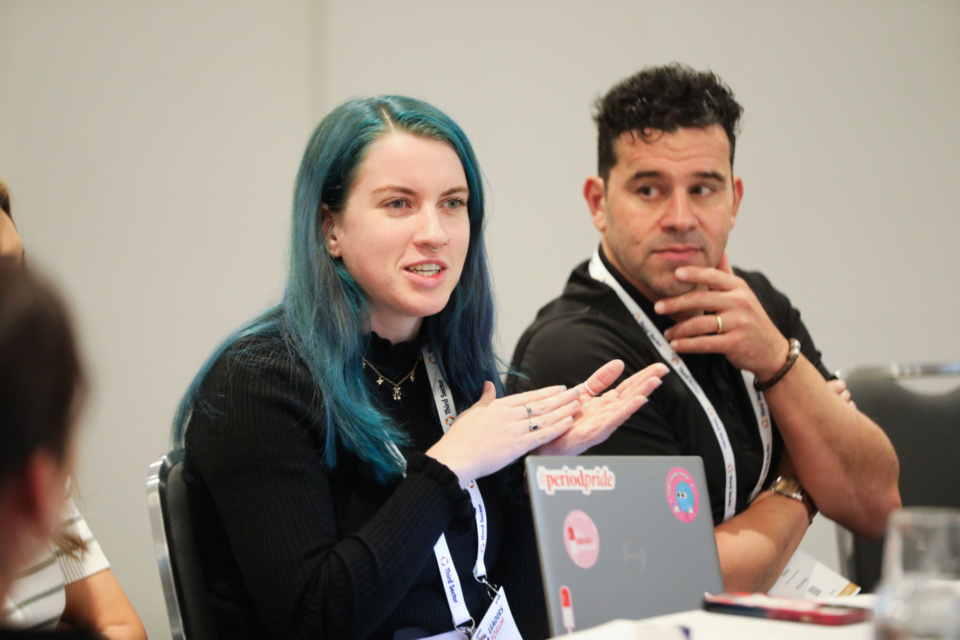
Posted on 22 Oct 2025
Brittiny Edwards is an advocacy and communications specialist for Share the Dignity, a charity that…